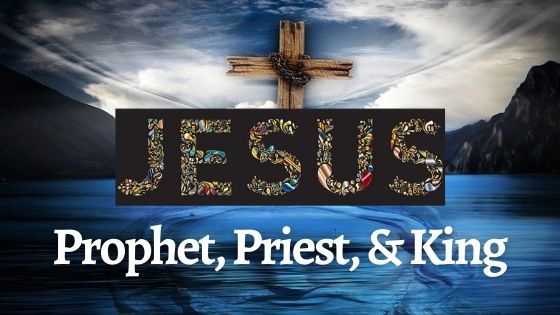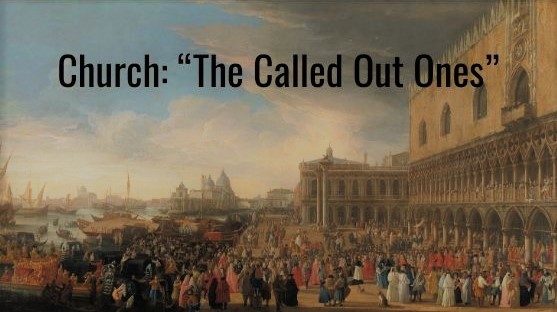Are All People God’s Children?
I often hear people say, “We are all children of God and so we must treat each other like family.” In a general sense, this is true. All men and women are God’s offspring in that He is the Creator (Acts 17:2-29). However, this relationship is not sufficient to offset the penalty of sin. It’s … Read more










